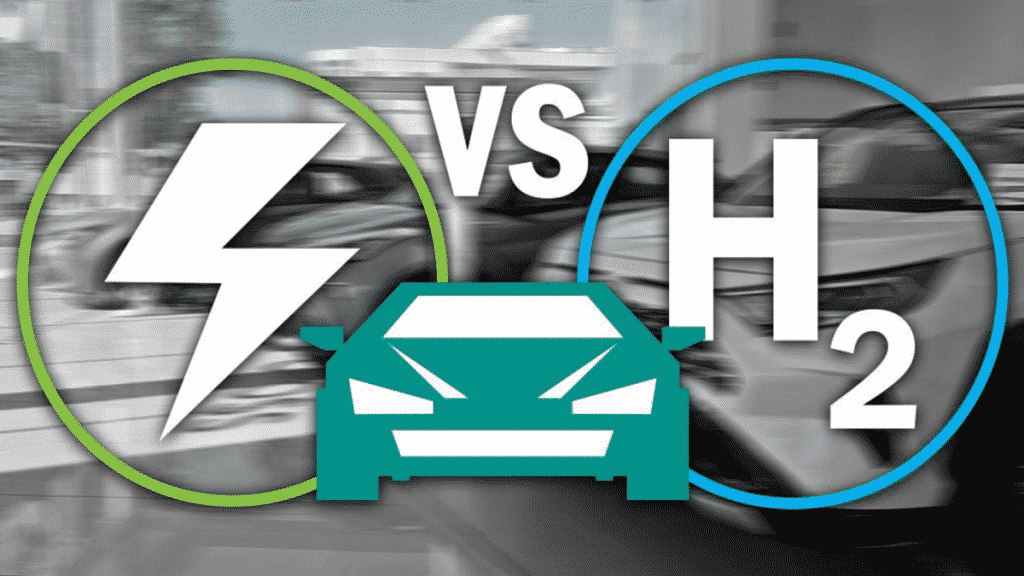In recent years much emphasis on finding an alternate fuel source for cars has been the focus of most world leaders. The quest to reduce the emission of dangerous gases has gained prominence today.
The task is to move from cars that run on gasoline to electric and hydrogen vehicles. Great strides are being made daily to make this dream a reality.
Everyone has been asking what this quantum leap or shift means for the current car and trucks manufacturers? Will all combustion engines go extinct? What about businesses that have built their name in car parts supply like https://sts-global.com/car-parts for combustion engines?
These are the questions that stare us all in the face. Not that only, but the rumor that these alternate cars will cost a lot more than what the current vehicles that work with fossil fuels cost. Nonetheless, these questions are not the focus of this piece.
The comparison between electric and hydrogen cars forms the basis of this article. This comparison will focus on the cost, safety, emissions, charging times, and range. Without further ado, let’s get down to the business of today.
Working Mechanism of Hydrogen and Electric vehicles
Let’s take a brief peep into the working mechanisms of both cars, comparing the similarities and differences.
Electric Cars
We expect these cars to take center stage in the next few years and will run on a lithium-ion battery. The lithium-ion battery will supply power to the motor and power the electric car’s various parts.
These batteries are rechargeable, and all you need to recharge your electric car batteries is to plug your car into an electric grid, just the same way you plug in your devices.
Furthermore, charging can also be taken when braking. The heat generated from the braking process is converted to electricity, but this charge is often minimal and not sufficient enough.
Hydrogen Cars
These cars will operate aided by an electric motor; this electric motor gets its power from the hydrogen fuel cells.
The hydrogen fuel cells make a reaction process between hydrogen and oxygen possible, thereby creating the chemical production of electricity and water vapor.
The electricity from this reaction is where the electric motor gets its power. At the same time, the water vapor goes into the air. You can also call these cars – fuel cell electric vehicles.
Refilling your car occurs at specific stations where pressurized tanks of this gas are available.
Advantages of Electric and Hydrogen Cars
Electric Cars
- These vehicles are expensive, especially the infrastructure you need to run them properly. The idea is to use the current gasoline stations as charging points for these cars. Some car parks, streets, and rest stops on motorways will also be used when the infrastructure is in place.
- These cars are an excellent long-term investment than hydrogen type because they are cheaper to purchase and cost less to maintain.
- They are silent when operating and have no harmful gas emissions. These do not contribute anyway to noise or air pollution. Furthermore, no energy is lost when your car is not in motion, unlike the combustion engine that loses fuel when it is stationary.
- Reliability and electric vehicles go hand to hand with what we see with combustion engines. Electric vehicles lack moving mechanical parts whereas, gasoline engines often face mechanical problems and constantly need maintenance.
Hydrogen Vehicles
- Hydrogen vehicles contribute little or nothing to pollution, just like electric.
- Hydrogen is a renewable energy source and is the most available or abundant element on earth. However, the process of producing this gas is a complex one.
- Refueling with hydrogen gas happens a lot faster than charging an electric automobile. A hydrogen car will also offer a more excellent range than an electric.
Disadvantages
Electric Cars
- The most significant disadvantage is the charging time and the range. This process depends on the type of battery and where you charge it. Nonetheless, irrespective of batteries or stations, you can not compare the refueling time to gasoline engines or hydrogen vehicles.
- Nevertheless, making use of a hybrid electric or combustion engine helps you save time and cost. By doing this, the conventional engine will operate as a backup to your batteries, thereby saving you from the stress and extra cost.
Hydrogen Vehicles
- The chief disadvantage of hydrogen vehicles comes in acquiring the necessary infrastructure to sustain them.
- Secondly, hydrogen gas-powered vehicles cost more than their counterparts. Refueling prices are unstable and often differ in certain countries. Engines that run on gasoline cost less and have readily available genuine car parts supply in today’s market. If the goal is to knock gasoline-powered cars off the automotive shelf, then we should not ignore this area.
Conclusion
Automotive companies are doing their bit to quickly make these cars commonplace in our society. The pioneers and government are doing their part to ensure everything needed for the long term is in place.
Angela Spearman is a journalist at EzineMark who enjoys writing about the latest trending technology and business news.
